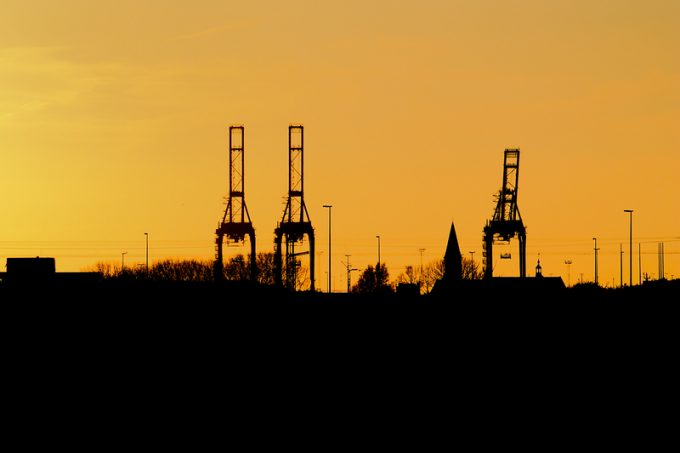Asia-USEC shippers to lose 42% capacity in a surge of blanked sailings
The eastbound transpacific trades are set to see a surge of blanked sailings over the ...

The US federal government should consider stepping in to help container terminal operators stay in business, as volumes plummet as a consequence of the coronavirus pandemic.
Two FMC commissioners, Carl Bentzel and Louis Sola, have written to the department of transport urging it to look at ...
CMA CGM South Korean staff strike over bonuses after bumper 2024 profit
MSC switches two more Asia-Europe port calls from congested Antwerp
CMA airline returns two freighters, while ANA takeover of NCA looms
Front-loading frenzy has made traditional H2 peak season 'unlikely'
Tradelanes: Export boom in Indian sub-continent triggers rise in airfreight rates
Carriers introduce surcharges as congestion builds at African ports
Mexican airport modernisation plan unlikely to boost cargo facilities
Ports and supply chain operators weigh in on funding for CPB

Comment on this article
Gary Ferrulli
May 04, 2020 at 4:27 pmPayments to foreign owned US terminal operators by US taxpayers? How many are true US companies, not pieces of paper making them US companies?